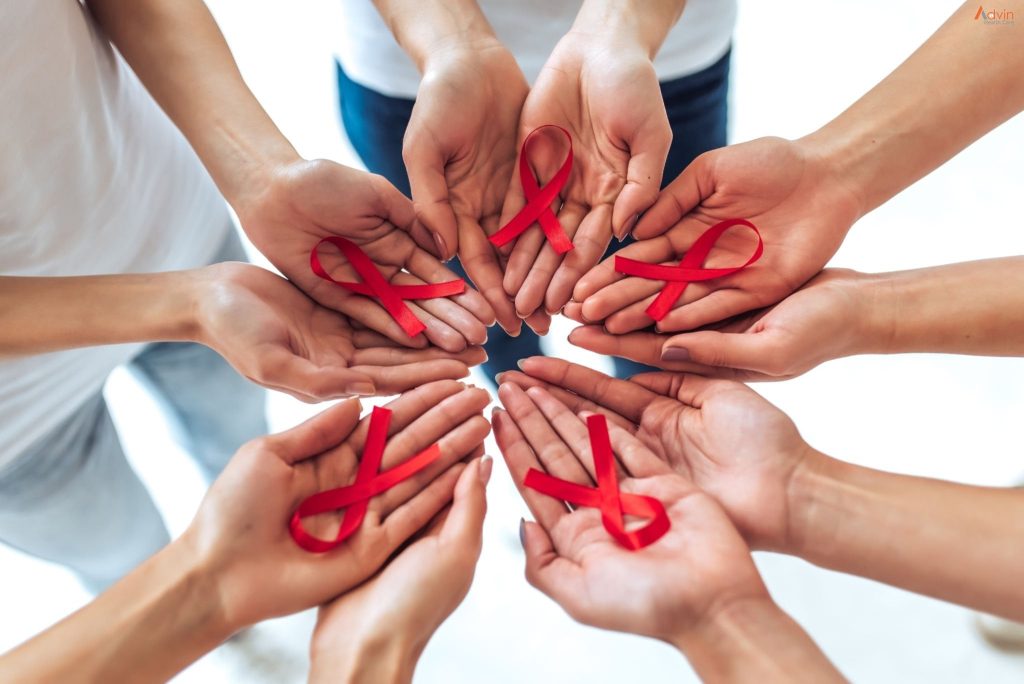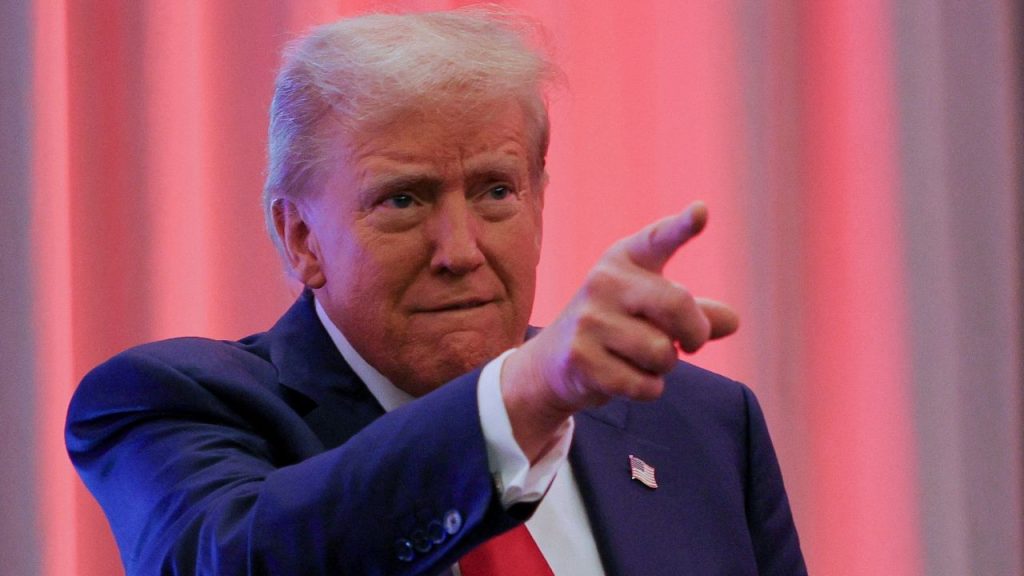The Federal Government has allocated N700 billion to combat HIV/AIDS, tuberculosis (TB), malaria, and to support immunization programs. Dr. Amobi Ogah, Chairman of the House Committee on HIV/AIDS, TB, and Malaria, made this announcement during the 2025 Pre-World TB Day press conference in Abuja on Tuesday.
Government’s Commitment to TB Awareness and Funding
Ogah commended President Bola Tinubu for approving the substantial allocation. He also acknowledged the support of the health minister, stressing that this funding is critical to addressing Nigeria’s disease burden. This allocation comes amid the U.S. withdrawal of financial support for HIV/AIDS, TB, and malaria in Nigeria.
Focus on TB as a Major Health Issue
World TB Day, observed on March 24, aims to raise awareness about TB and mobilize efforts for its elimination. This year’s theme, “Yes! We can end TB: Commit, invest, and deliver,” highlights the urgent need for political commitment and healthcare funding. TB is a leading cause of death in Nigeria, with the country ranking sixth globally for TB burden.
Efforts to Enhance TB Prevention and Treatment
Ogah noted that the government is working towards strengthening the legislative framework for TB management. He mentioned plans to pass laws protecting people affected by TB from discrimination and stigma. The House Committee on HIV/AIDS, TB, and Malaria will also ensure robust oversight of the funds allocated for TB interventions.
Progress in TB Diagnosis and Treatment
Dr. Queen Ogbuji-Ladipo, Acting Board Chair of Stop TB Partnership Nigeria, acknowledged the progress in diagnostics and treatment but pointed out that TB still affects vulnerable populations. She expressed hope that innovations like shorter treatment regimens and digital adherence technologies would aid in TB elimination.
Addressing the Challenges in TB Treatment
Dr. Godwin Ntadom, Director of Public Health at the Federal Ministry of Health, shared encouraging news. He reported the highest-ever TB notification in Nigeria, with more than 400,000 cases identified in 2024, translating to about 79% treatment coverage. Efforts to treat TB in children have also seen progress, with the number of treated children rising from 8,293 in 2018 to 43,000 in 2024.
Continuing Challenges and Government Commitment
Despite progress, Ntadom emphasized that a significant number of TB cases remain undiagnosed, continuing the cycle of transmission. He expressed concern about suboptimal treatment for Drug-Resistant TB patients. The Federal Government remains committed to achieving the global End TB targets set by the World Health Organization (WHO), with a focus on expanding screening, diagnosis, treatment, and preventive services.
Conclusion: Moving Forward in the Fight Against TB
With continued advocacy for domestic resources and an emphasis on strengthening health systems, Nigeria aims to make significant strides in TB prevention, detection, and treatment. The commitment from both the government and key stakeholders is crucial to achieving TB elimination in the country.












